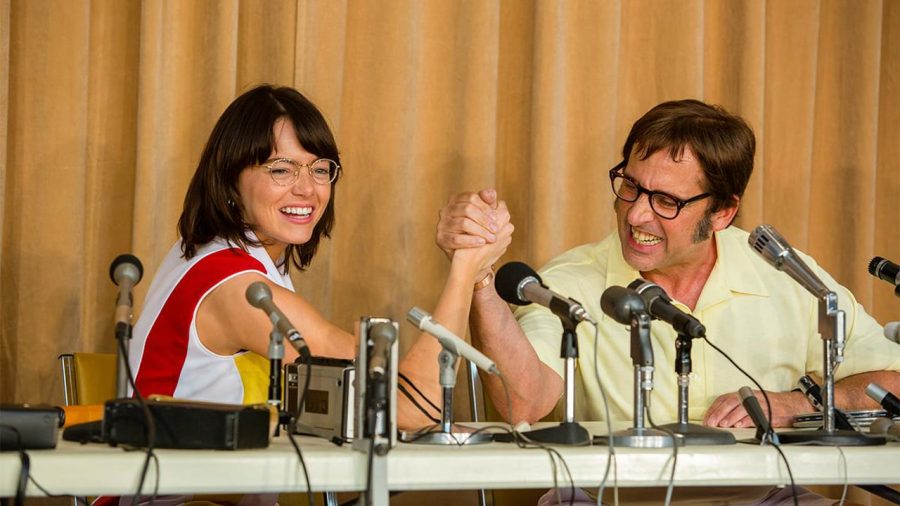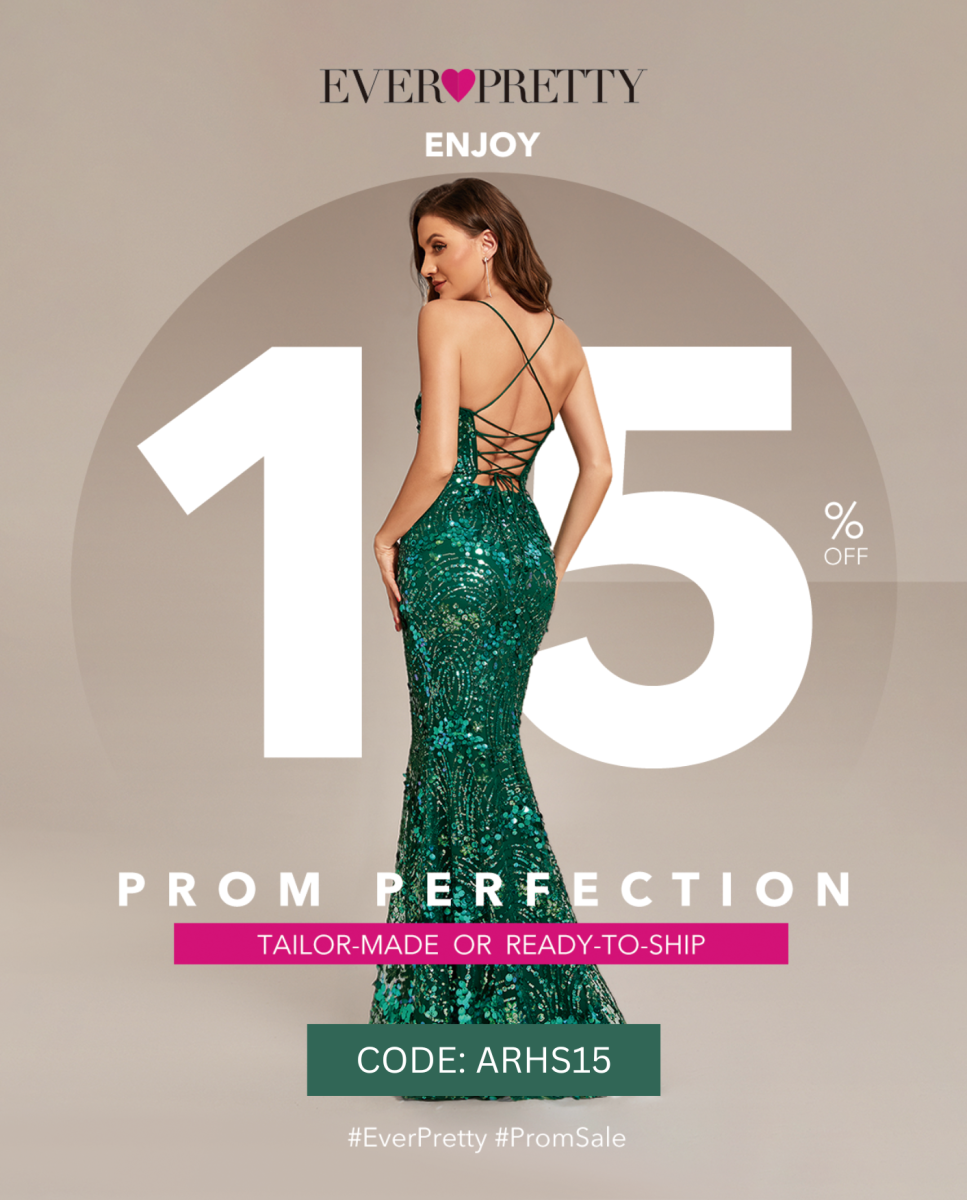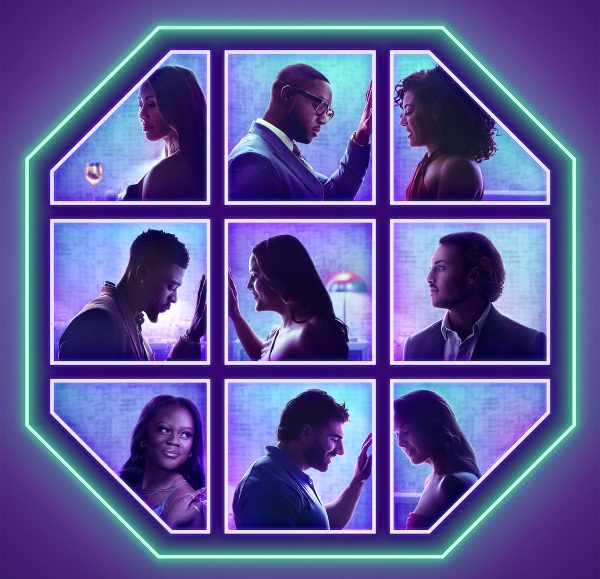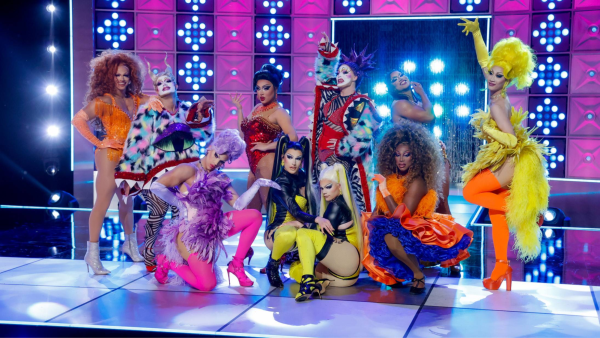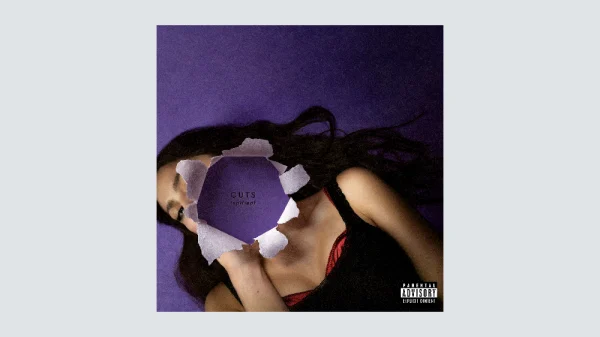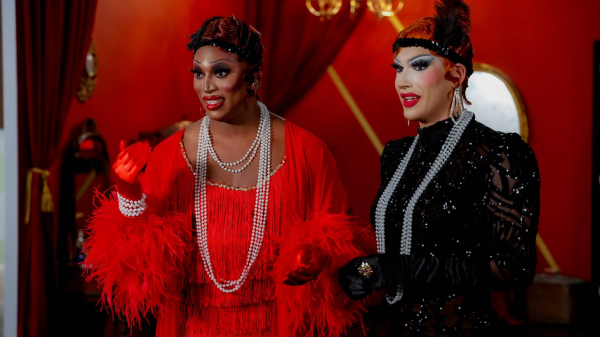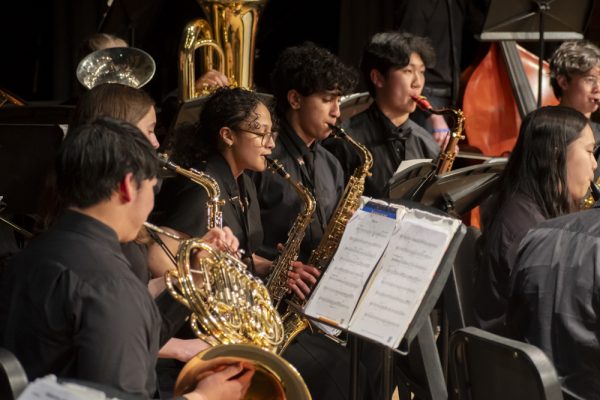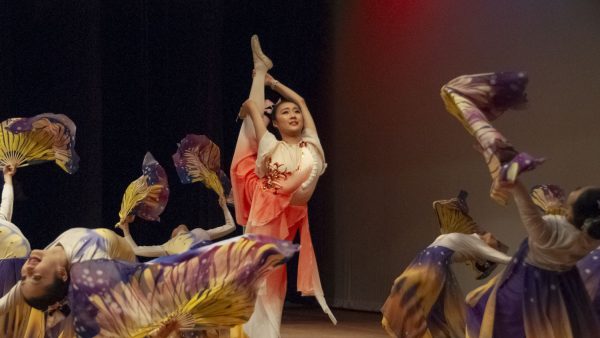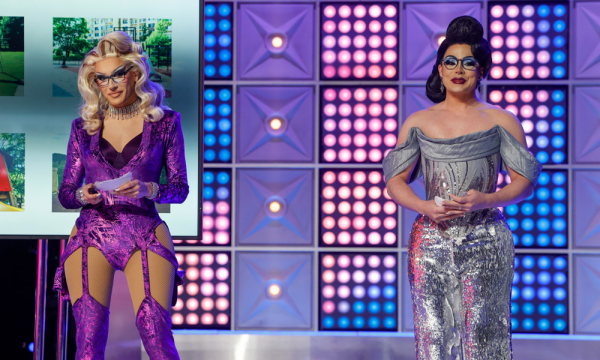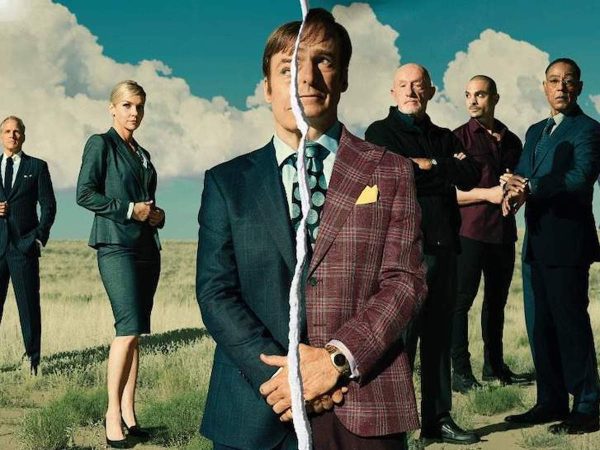‘Battle of the Sexes’: inspiring true story
The 2017 film ‘Battle of the Sexes’ tells the inspiring story of tennis player Billie Jean King and her struggle to beat Bobby Riggs in the infamous 1973 tennis match.
November 5, 2017
Who is tougher, smarter and stronger: men or women? These questions contribute to the argument has gone on since the beginning of time: which sex is truly superior? The film “Battle of the Sexes,” starring Emma Stone as Billie Jean King and Steve Carell as Bobby Riggs, ponders these questions while recounting the true story of a hugely publicized 1973 tennis match between the world’s number one player at the time, King, and the ex-world champion, Riggs.
Stone effortlessly plays King, who defies promoter Jack Kramer, played by Bill Pullman, by banding together with a group of incredible female tennis players and dropping out of the Southwest Pacific Open when she found that men were being offered eight times the prize money the women were being offered. The group of women then sign historic one dollar contracts to form their own tennis tour in opposition, which becomes incredibly successful. Bobby Riggs becomes aware of the World number one’s tour and decides that a match between him and King would prove that men are superior athletes and finally end the controversy about the inequality between female and male players in tennis.
King eventually accepts Riggs’s offer, and the unforgettable match is deemed by the media as a “battle of the sexes.” Stone so gracefully captures the emotional turmoil King feels leading up to the match with Riggs, while Carell skillfully contrasts with his exuberant, yet misogynistic character.
While tennis is a major part of the film, another aspect central to the story is that of an LGBT love story between King and her hairdresser. The skillful depiction of the controversy and exclusion of members of the LGBT community in the 70s, that still is evident today, creates heartbreaking conflict in the film when King is so afraid that her secret love affair with a woman will be leaked to the public and ruin her tennis career. One of my favorite lines comes from the end of the film said by one of King’s designers: “One day we’ll be able to love who we love,” clearly referencing the shame and mistreatment the LGBT community faces.
The film is so raw and inspiring, even more so with the fact that it is based on a true story, and the cast so well-chosen for their respective roles. I highly recommend the movie to anyone who is interested in the sport of tennis or the history of women’s and LGBT community struggles to be seen as equals by people in power.
I will warn you, that by King’s incredible victory at the end of the film, you will most likely have shed a few tears.

